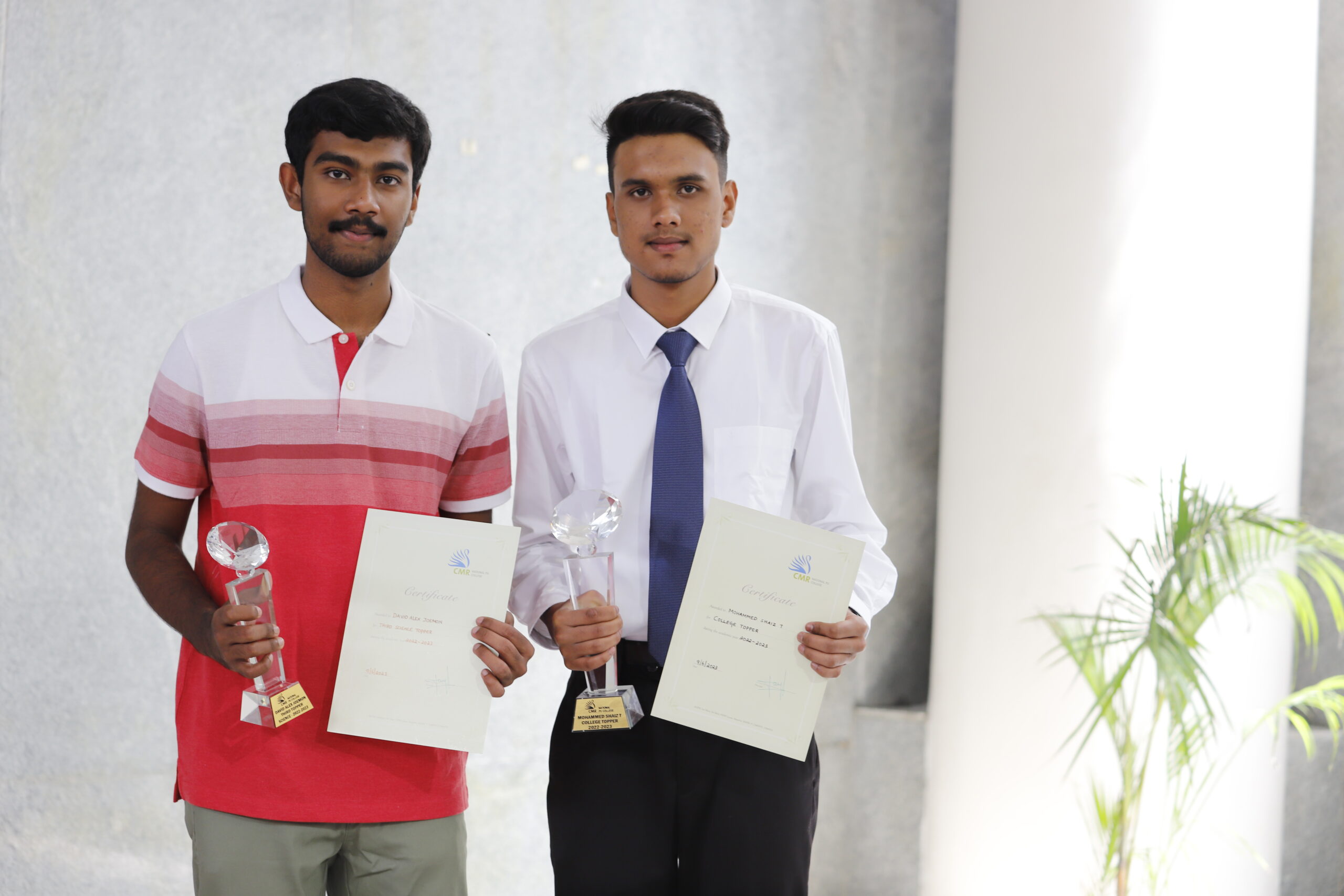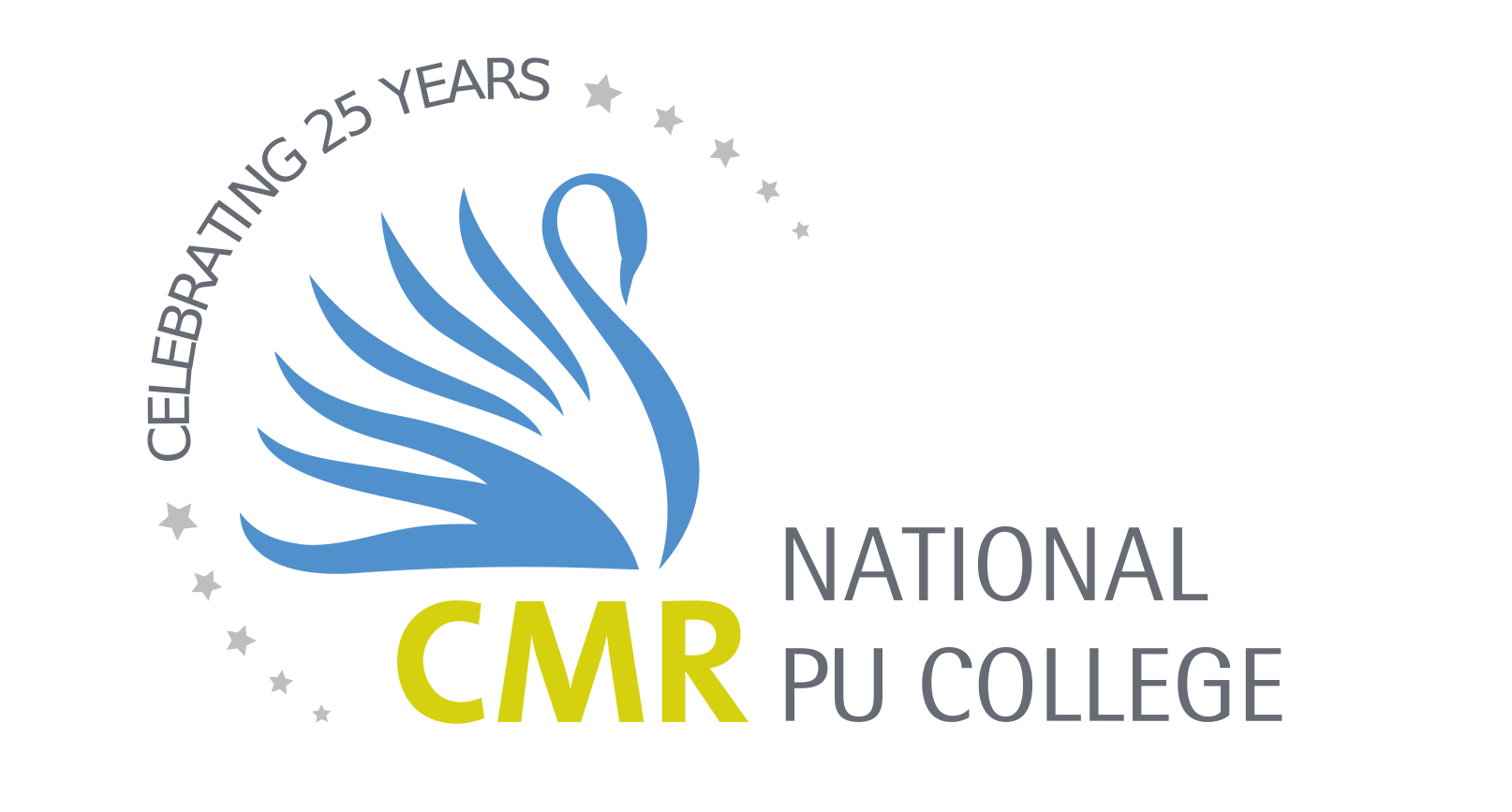Peer mentoring has emerged as a powerful tool in the academic landscape, especially in the Top PU Colleges in Bangalore. As students navigate the challenges of pre-university education, having a supportive peer network can significantly enhance their learning experiences, boost confidence, and foster a sense of belonging. Effective peer mentoring strategies not only benefit mentees but also empower mentors to develop leadership skills and reinforce their learning.
Furthermore, peer mentoring helps ease the transition into higher education, providing guidance that leads to improved academic performance and higher retention rates. Institutions that prioritise peer mentoring not only enhance academic success but also contribute to the personal development of their students, preparing them for future challenges.
1. Establishing Clear Goals and Expectations
One of the first steps in implementing an effective peer mentoring program is to establish clear goals and expectations. This helps both mentors and mentees understand their roles and the outcomes they hope to achieve. In PU colleges in Bangalore, creating structured guidelines can provide a roadmap for the mentoring relationship.
For example, mentors can be trained to set specific learning objectives with their mentees. These may include improving academic performance, developing study skills, or enhancing time management. By having clear goals, both parties can track progress and celebrate achievements. Additionally, institutions can facilitate workshops that encourage mentors to share their experiences and insights, helping to further develop their mentoring skills.
At CMR NPUC, for instance, students are encouraged to engage in goal-setting activities that foster curiosity and initiative. This approach not only benefits the mentees but also helps mentors refine their own understanding of the subject matter.
2. Creating a Supportive and Open Environment
A crucial aspect of effective peer mentoring is fostering a supportive and open environment where students feel comfortable sharing their thoughts and challenges. At the Top PU Colleges in Bangalore, creating a culture of trust and respect is essential for meaningful interactions between mentors and mentees.
Mentors should encourage open communication, actively listen to their mentees, and provide constructive feedback. Regular check-ins can help mentors gauge their mentees’ needs and adjust their support accordingly. Additionally, establishing group mentoring sessions can facilitate discussions among peers, allowing them to share diverse perspectives and experiences.
Such environments can also promote curiosity. When students feel safe to ask questions and express their ideas, they are more likely to explore topics in depth. Colleges can organise informal study groups or discussion forums where students can freely exchange knowledge and insights, making learning a collaborative experience.
3. Utilizing Technology for Enhanced Engagement
In today’s digital age, leveraging technology can significantly enhance peer mentoring programs. Many PU colleges in Bangalore are adopting digital tools and platforms to facilitate communication and collaboration among students.
For instance, online platforms can be used to create discussion boards, share resources, and schedule virtual mentoring sessions. This flexibility allows students to connect at their convenience and can be especially beneficial for those with busy schedules. Moreover, technology can help track mentoring progress and provide valuable data for evaluating the effectiveness of the program.
Incorporating tools like video conferencing can also make mentoring more personal and engaging. Mentors can use these platforms to conduct interactive sessions, share presentations, or even work on collaborative projects. This technological integration encourages curiosity, as students can explore diverse learning resources and collaborate on assignments in real-time.
4. Encouraging Reflection and Feedback
Reflection is a key component of effective learning. Encouraging mentors and mentees to reflect on their experiences can lead to valuable insights and growth. In the Top PU Colleges in Bangalore, incorporating regular reflection sessions can help students assess their progress and identify areas for improvement.
Mentors can guide their mentees in reflecting on their learning journeys by asking thought-provoking questions. For example, they might ask, “What strategies have worked well for you?” or “What challenges did you face, and how can we address them together?” This reflective practice not only deepens the mentee’s understanding but also reinforces the mentor’s knowledge and skills.
Additionally, creating feedback loops where mentees provide input on the mentoring process can lead to continuous improvement. This practice fosters curiosity by encouraging students to think critically about their learning processes and identify ways to enhance their educational experiences.
5. Celebrating Achievements and Milestones
Recognising and celebrating achievements is vital for motivating both mentors and mentees. In PU colleges in Bangalore, acknowledging milestones can foster a sense of accomplishment and encourage continued engagement in the mentoring process.
Institutions can organise events or recognition programs to celebrate the successes of mentoring pairs. These gatherings can serve as platforms for sharing experiences, discussing challenges, and showcasing the impact of peer mentoring on academic performance and personal growth.
Such celebrations not only reinforce the value of mentoring but also promote a culture of curiosity and exploration. When students see their peers succeeding through collaboration and support, they are more likely to seek out mentoring relationships themselves.

Conclusion: Fostering Curiosity Through Peer Mentoring
In conclusion, effective peer mentoring strategies play a crucial role in enhancing the academic experience in the Top PU Colleges in Bangalore. By establishing clear goals, creating supportive environments, utilising technology, encouraging reflection, and celebrating achievements, institutions can cultivate a culture of collaboration and growth.
At the heart of these strategies lies the importance of fostering curiosity. By encouraging students to explore, ask questions, and engage with one another, colleges can create dynamic learning environments that benefit everyone involved. As students navigate their pre-university education, peer mentoring can serve as a powerful tool to help them thrive academically and personally.
So, whether you’re a mentor or a mentee, embrace the opportunity to learn from one another. Together, you can unlock new insights and experiences that will enrich your educational journeys and prepare you for future success!
